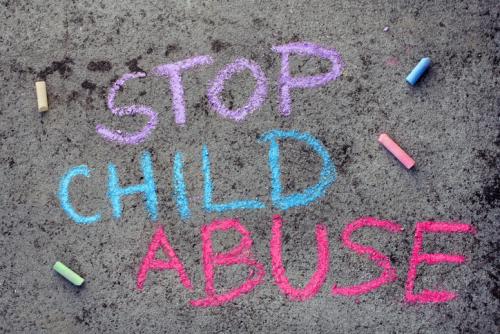 Beginning in the mid-1990s, with my colleague, Benjamin E. Saunders, Ph.D., of the Medical University of South Carolina, and a team of researchers, I conducted an assessment study of family violence and functioning with 530 families from 12 naval bases who had been reported to the US Navy's Family Advocacy Program due to allegations of child sexual abuse, child physical abuse, or intimate partner violence. We interviewed parents (one of whom was a Navy servicemember) and children in a longitudinal study of interventions and outcomes.
Beginning in the mid-1990s, with my colleague, Benjamin E. Saunders, Ph.D., of the Medical University of South Carolina, and a team of researchers, I conducted an assessment study of family violence and functioning with 530 families from 12 naval bases who had been reported to the US Navy's Family Advocacy Program due to allegations of child sexual abuse, child physical abuse, or intimate partner violence. We interviewed parents (one of whom was a Navy servicemember) and children in a longitudinal study of interventions and outcomes. This study was designed to help Navy leaders develop and refine the Family Advocacy Program. It was a critical, long-term effort to positively affect how the Navy responds to family violence among its servicemembers, and therefore to improve the lives of women, children, and families.
More recently, we re-examined some of the myriad of data to understand more about the predictors of children’s tendency to blame themselves for child abuse and intimate partner violence. We had gathered important longitudinal data from 195 of the children (aged 7-17) on their reported self-blame tendencies (e.g., Do you blame yourself when things go wrong?), the frequency of parent-child conflict (e.g., yelling, threatening), and depressive symptoms. We had also conducted semi-structured interviews to assess the children’s victimization experiences, including the type, injury, and number of perpetrators. Baseline data was collected 2-6 weeks after the initial report; self-blame was reported again after 9-12 months and 18-24 months.
My coauthors—Caitlin Rancher, Ph.D., Rochelle Hanson, Ph.D., Benjamin E. Saunders, Ph.D., and Daniel W. Smith, Ph.D.—and I published a paper from the study in the journal Child Abuse & Neglect in January 2024.
We found that in general, children who reported higher levels of parent-child conflict and depressive symptoms at baseline expressed increased self-blame over the next two years. Such self-blame has been identified as an important consequence of child maltreatment that can contribute to later psychological and behavioral problems. Understanding more about which children will develop self-blame following victimization has important implications for families, professionals who work with these children, policymakers, and military leadership.
Enter Military REACH, an organization whose goal is to put important research into the hands of folks who can use it. Military REACH summarizes newly published studies related to the wellbeing of military families and distributes them directly to the Department of Defense's Office of Military Community and Family Policy. They also distribute their products to researchers, helping professionals, and others interested in military family research.
Military REACH recently featured our study in their newsletter, highlighting the following implications for the folks mentioned above:
Implications for Families:
- Explain to children and adolescents, especially after an allegation of child abuse or intimate partner violence, that family violence is not their fault.
- Know the signs of child abuse and neglect. If you suspect abuse, report your concerns.
Implications for Helping Professionals:
- Complete a robust childhood trauma history to understand the scope of experiences of children and adolescents whose families are referred to the Family Advocacy Program.
Implications for Policymakers and Military Leadership
- Ensure the military community understands how to report suspected victimization and the importance of speaking up.
- Equip child advocates with the tools to engage effectively with children and families, including immediate safety assessments and ongoing assessments of mental health and wellbeing that include perceptions of self-blame and locus of control.
When we pursue research studies, our hope is always to turn our research into action and to improve the lives of those affected—even long after the study ends. Military REACH and other similar organizations play significant roles in making this happen. With their help, we can work to ensure children do not blame themselves for violence that occurs in their families.
Linda M. Williams, Ph.D., is director of the Justice and Gender-Based Violence Research Initiative at the Wellesley Centers for Women.


 Last year, the U.S. Surgeon General
Last year, the U.S. Surgeon General  With a collection of government stamps in hand, I now needed to secure the tribal backing for the project. Government approval merely made my NGO official, but without the tribal endorsement, my effort to educate girls would be just another import with a short shelf life.
With a collection of government stamps in hand, I now needed to secure the tribal backing for the project. Government approval merely made my NGO official, but without the tribal endorsement, my effort to educate girls would be just another import with a short shelf life.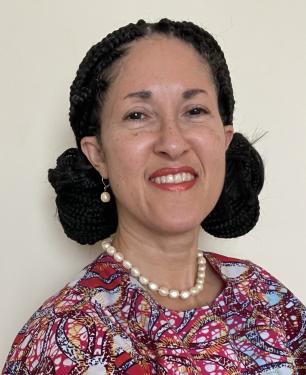 Dear Friends of WCW:
Dear Friends of WCW: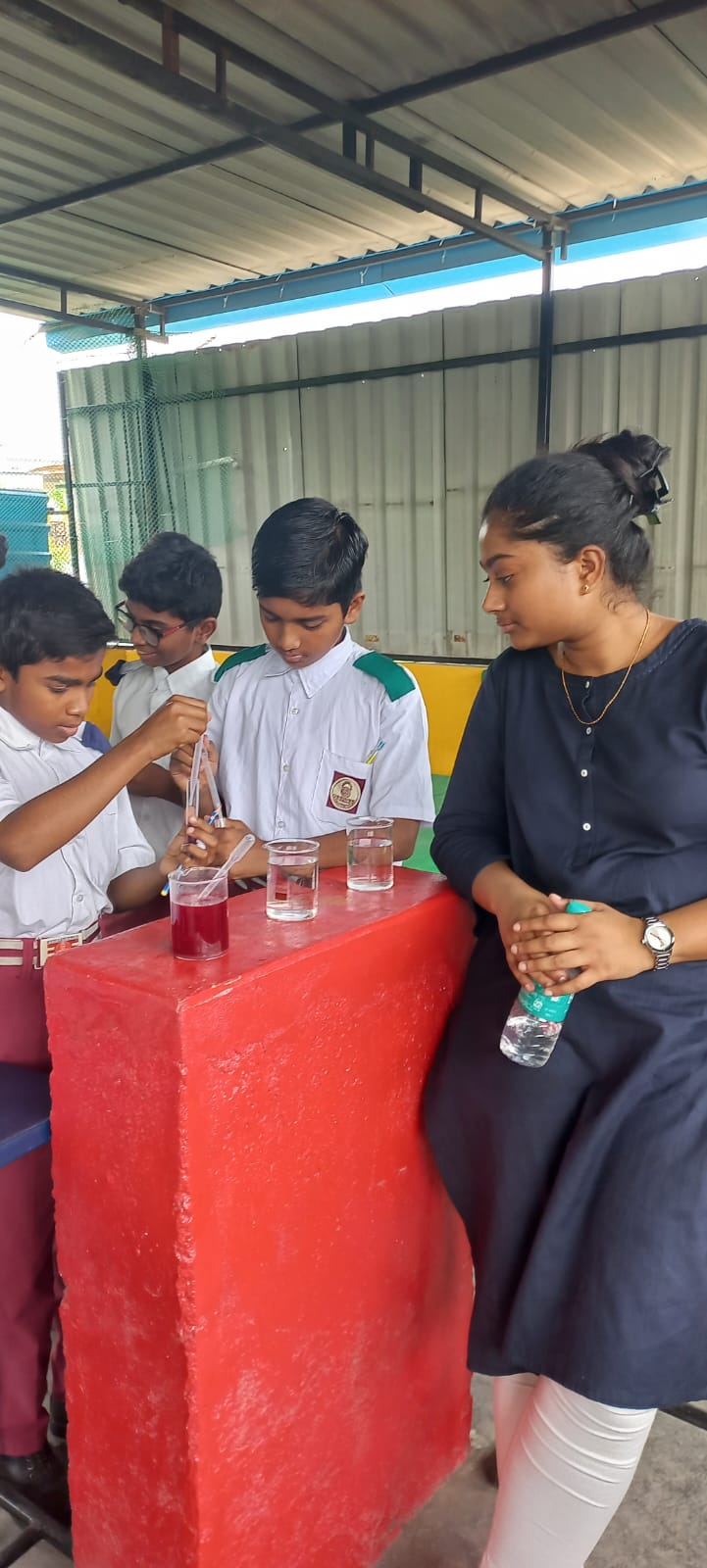
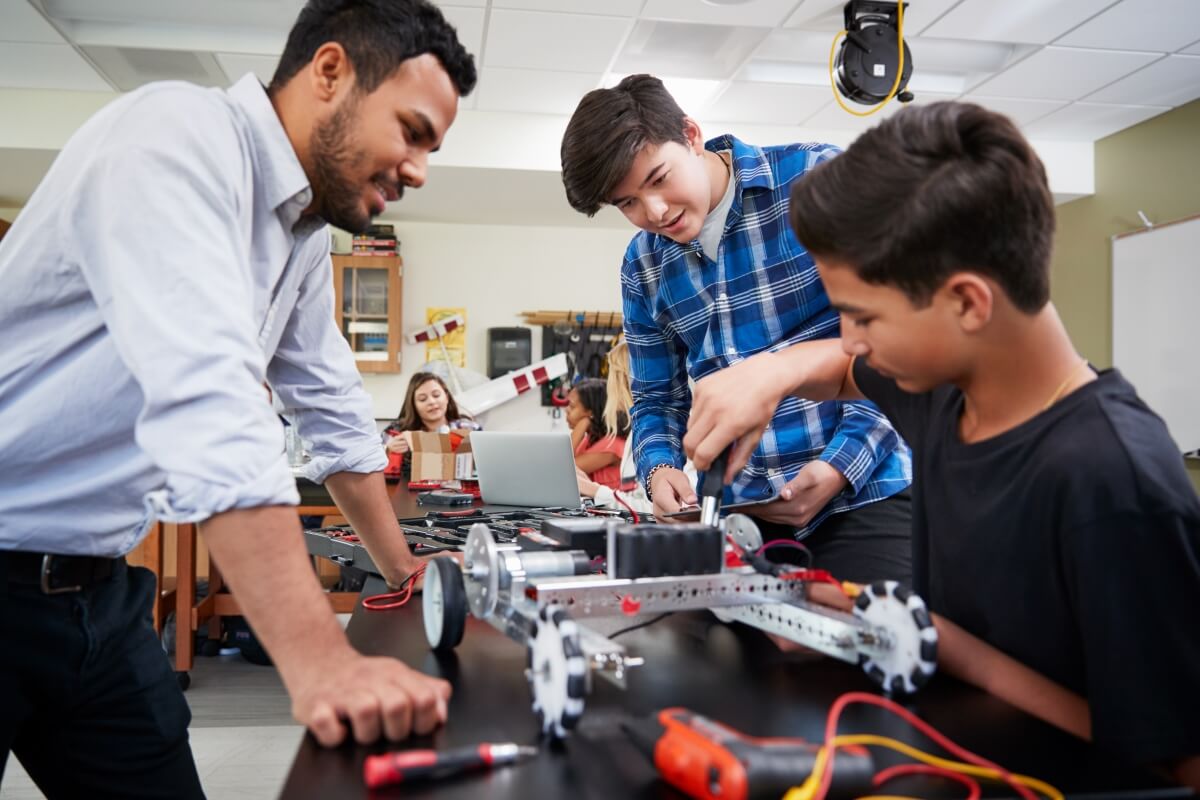

 Below is an excerpt by Betsy Nordell, Ed.D., a NIOST master observer, from the book
Below is an excerpt by Betsy Nordell, Ed.D., a NIOST master observer, from the book 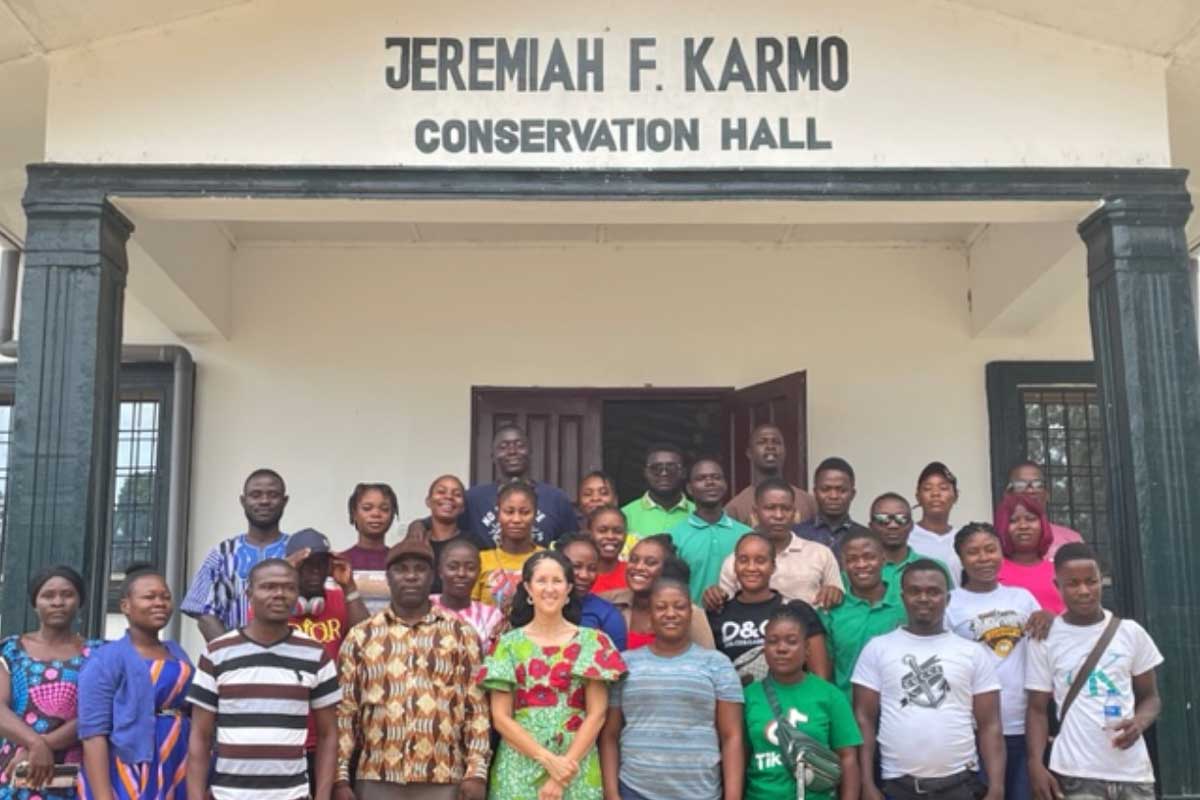


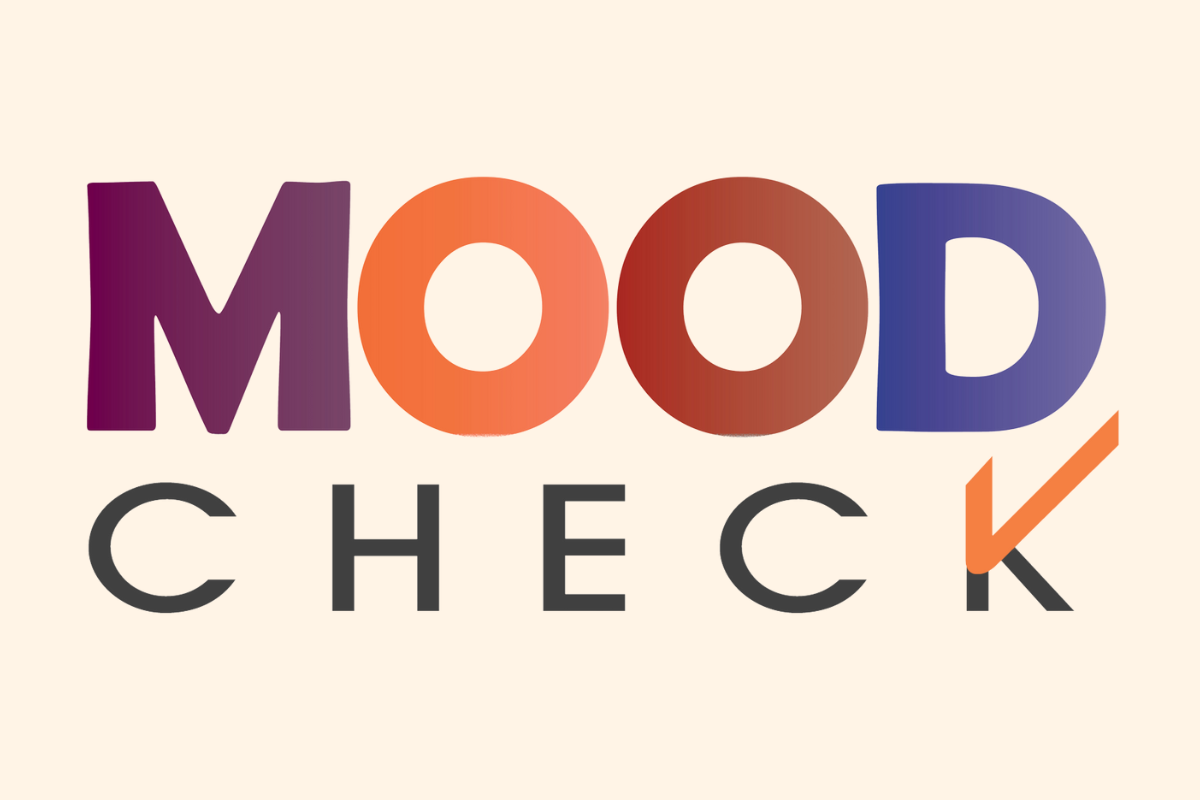

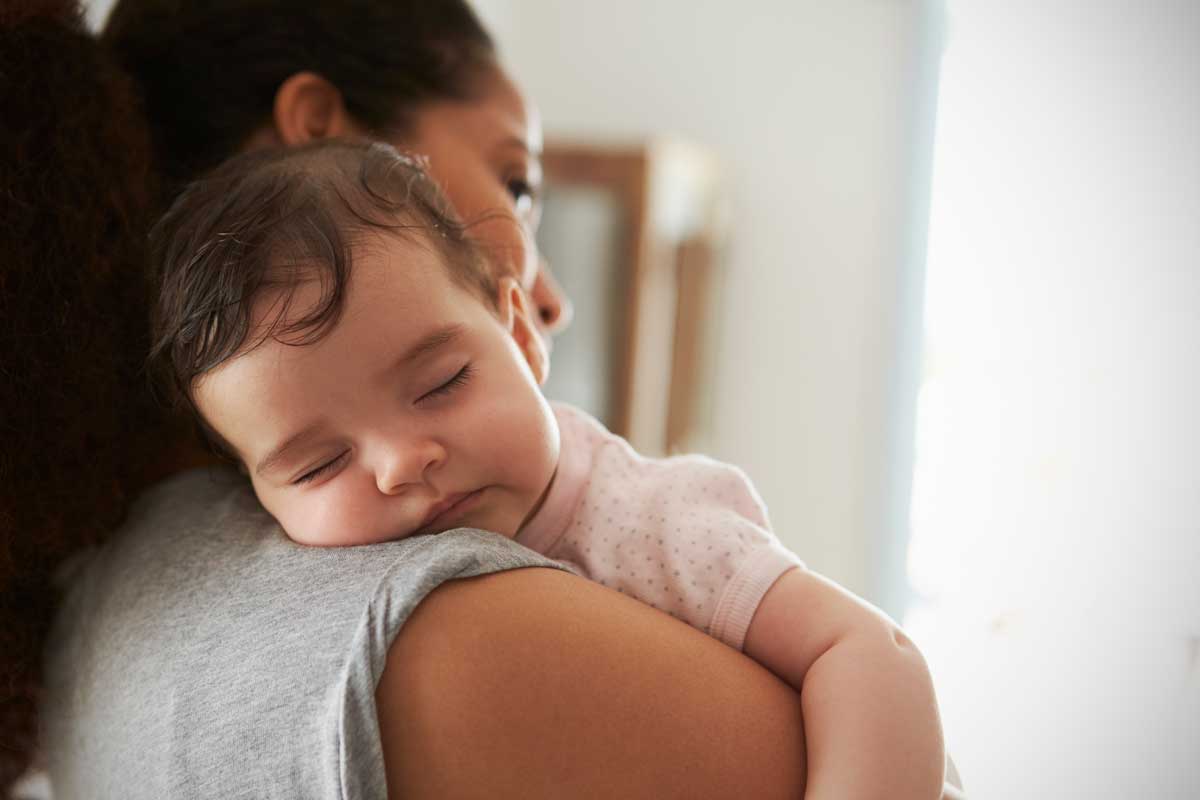
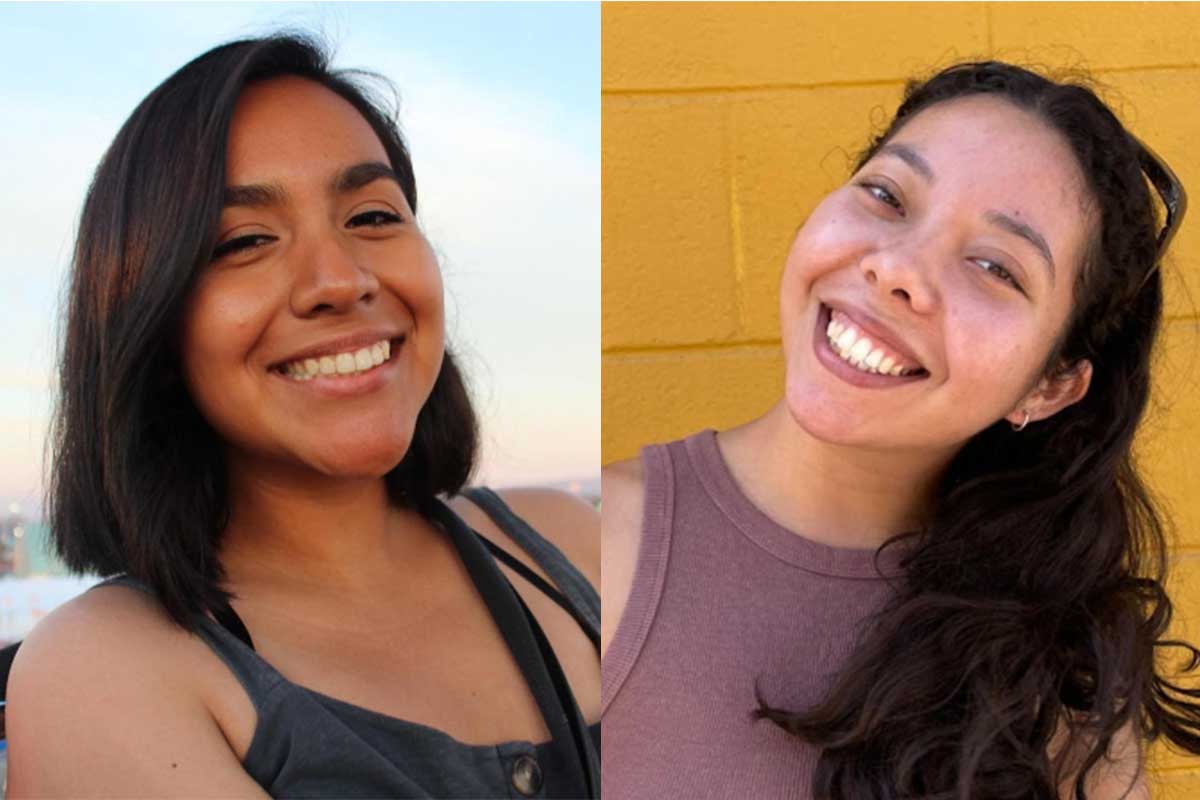
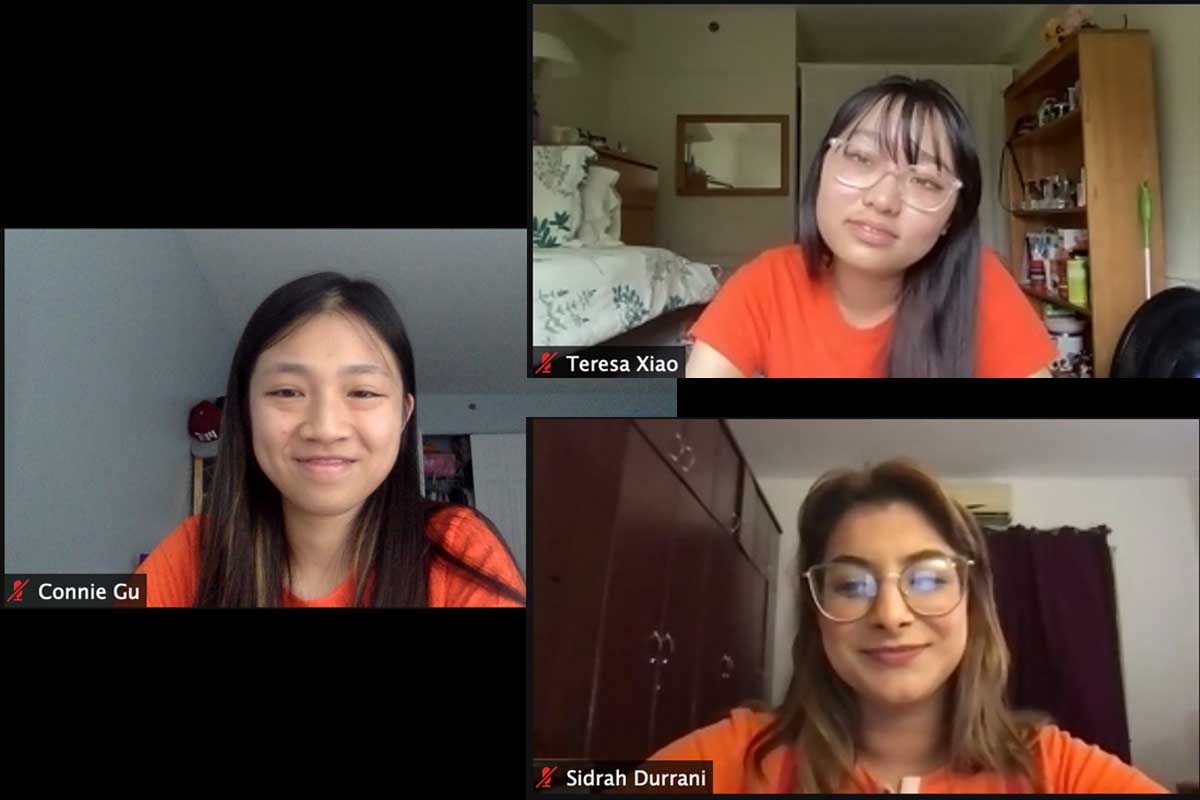



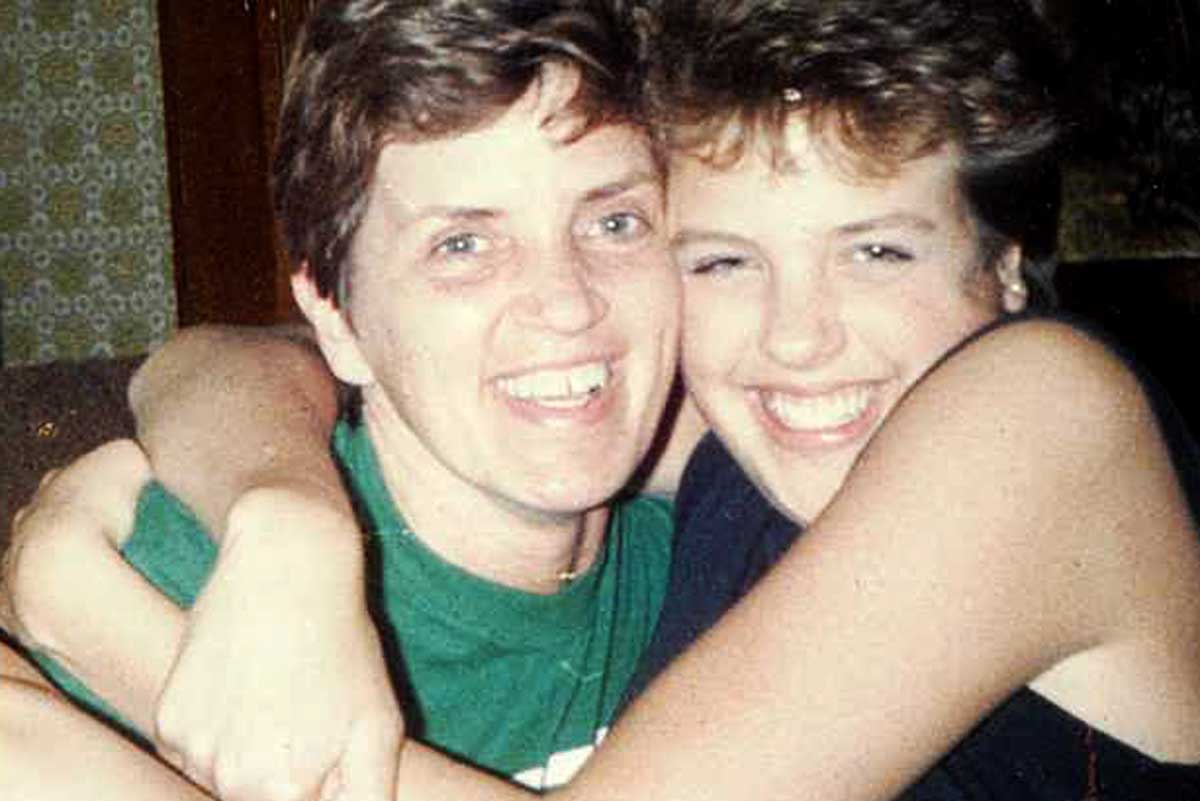
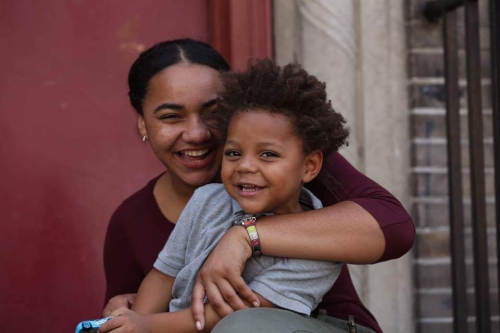 Nearly
Nearly 

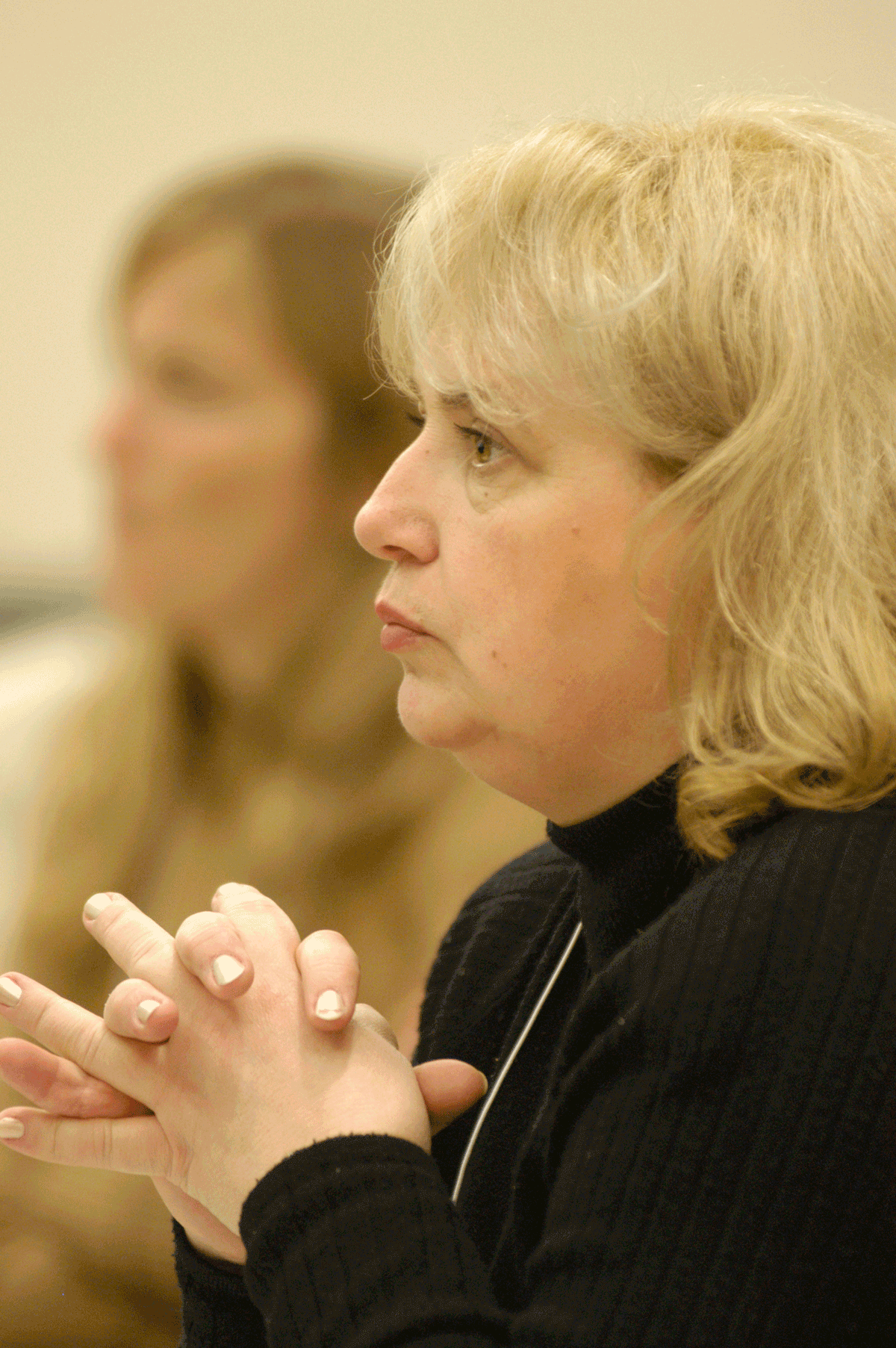

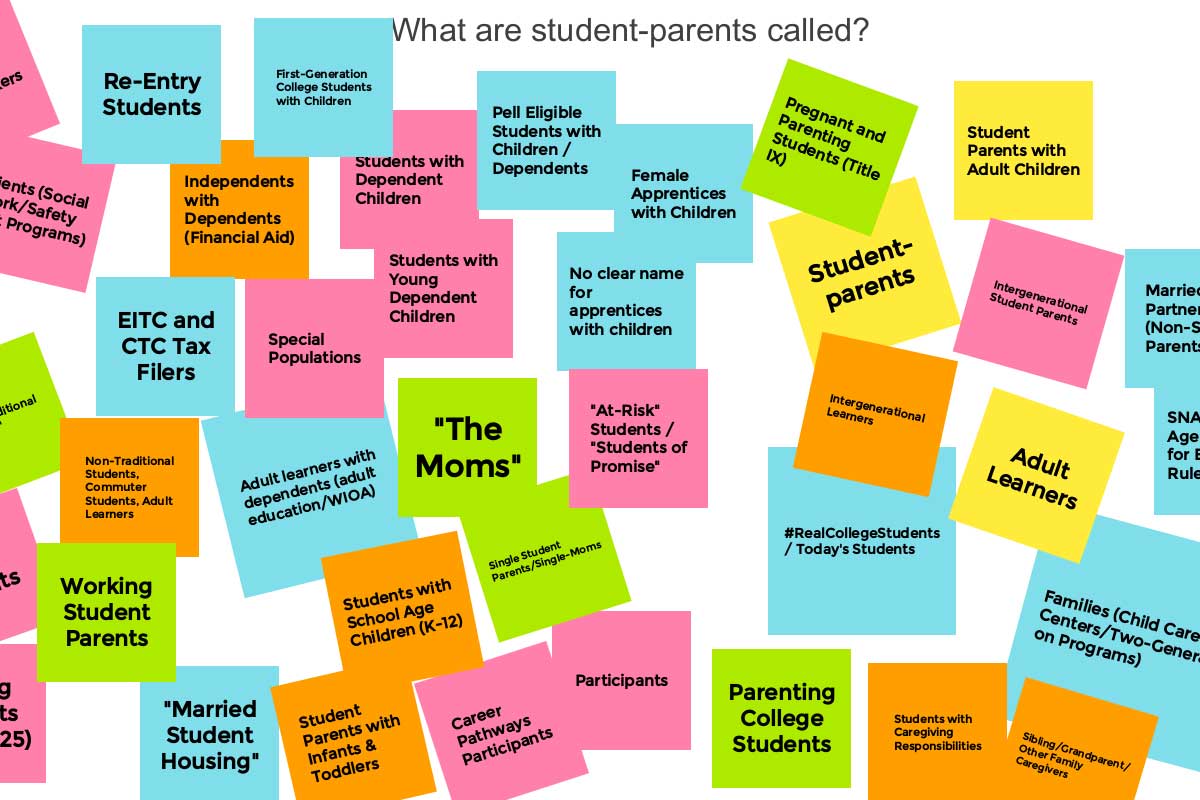
 , Ph.D., is a research scientist at the Wellesley Centers for Women studying
, Ph.D., is a research scientist at the Wellesley Centers for Women studying 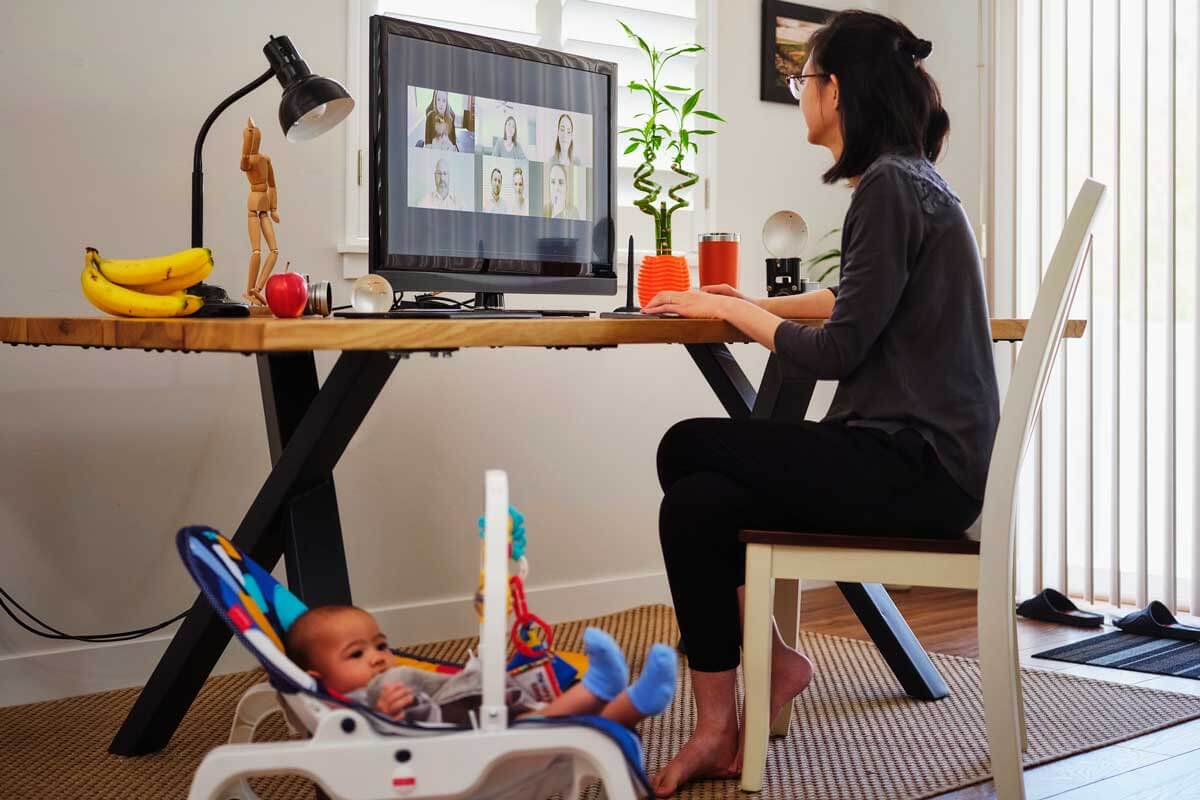

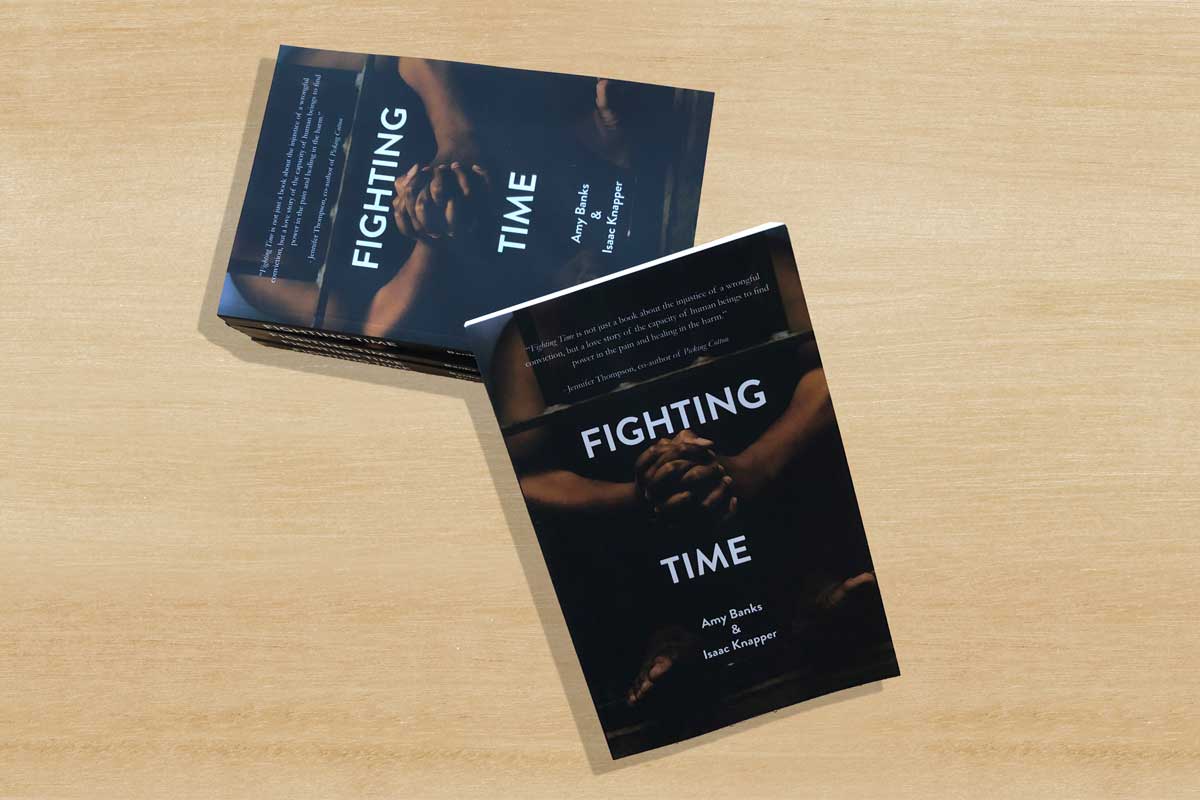

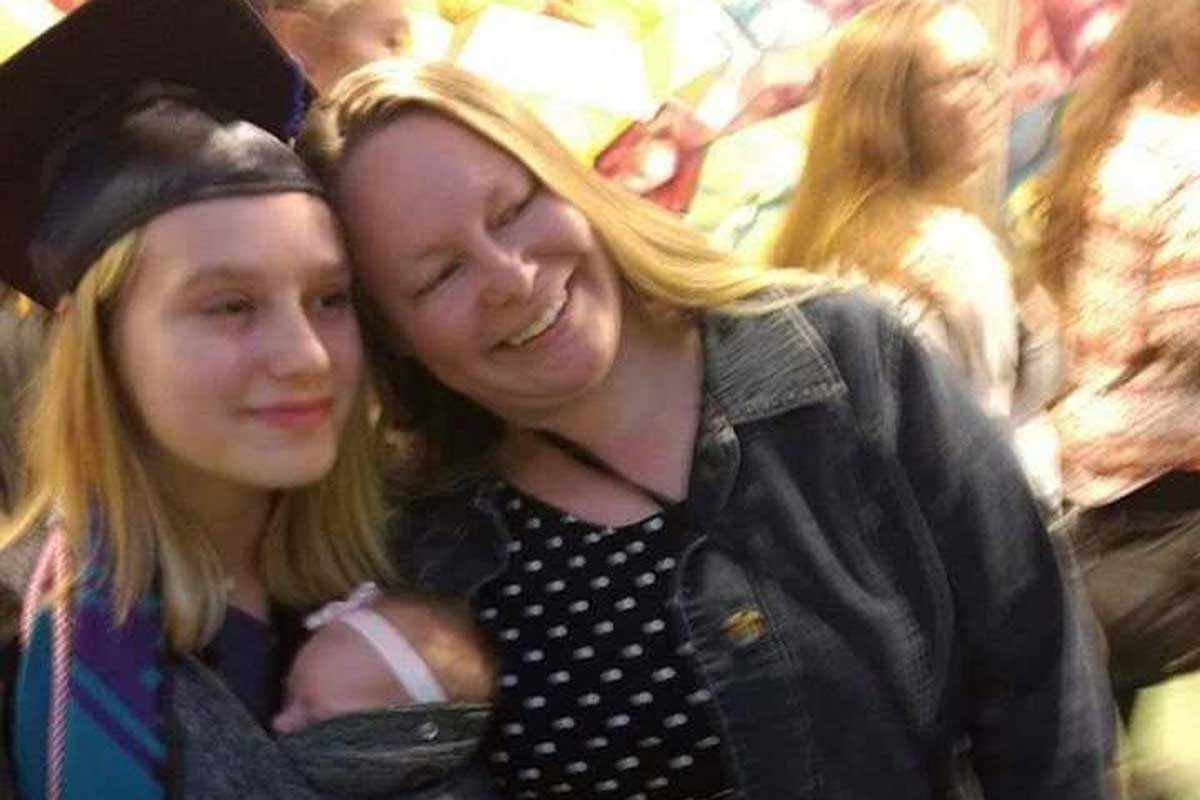

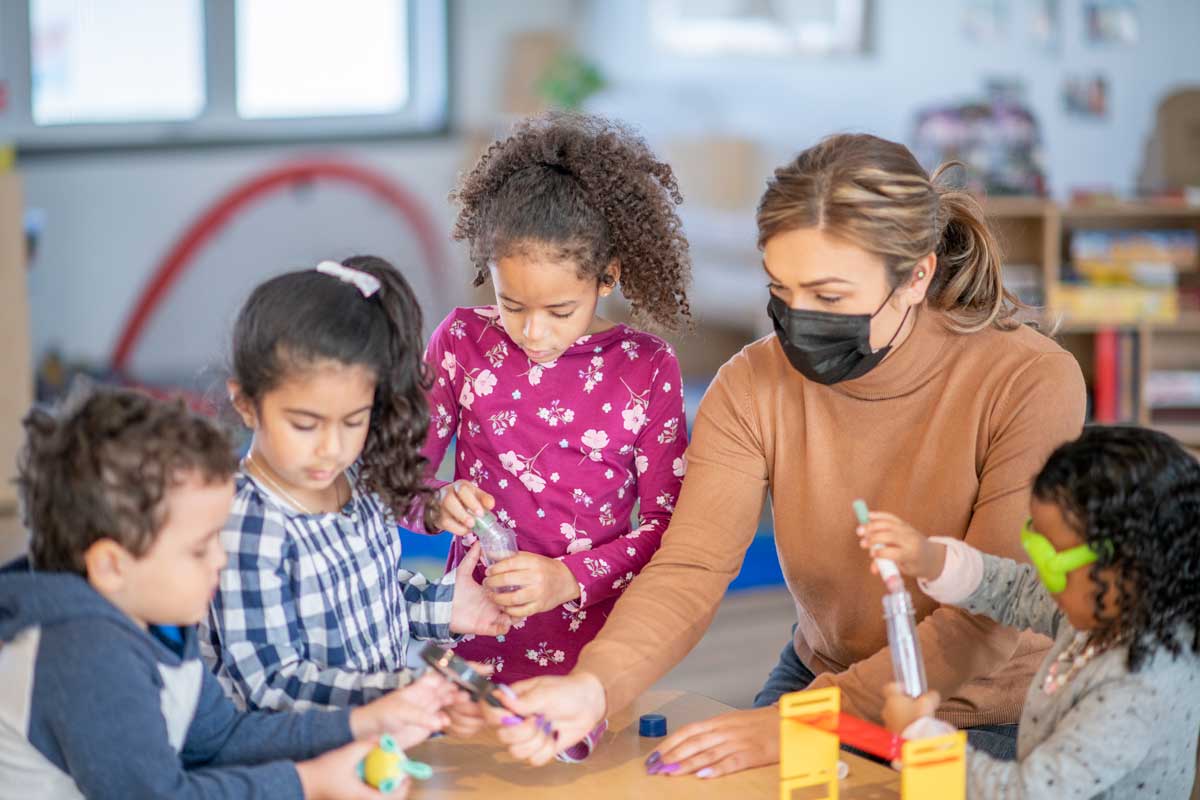

 Critical race theory has become the latest front in the culture wars. Depending on what you’ve read or what you’ve heard from politicians, you may be under the impression that critical race theory means talking about racism in any context, or that it means white people are inherently racist.
Critical race theory has become the latest front in the culture wars. Depending on what you’ve read or what you’ve heard from politicians, you may be under the impression that critical race theory means talking about racism in any context, or that it means white people are inherently racist. Senior Research Scientist
Senior Research Scientist  May is Mental Health Awareness Month. This year, it comes at a time when we have an increased focus on mental health due to the COVID-19 pandemic. Media reports have focused on the
May is Mental Health Awareness Month. This year, it comes at a time when we have an increased focus on mental health due to the COVID-19 pandemic. Media reports have focused on the 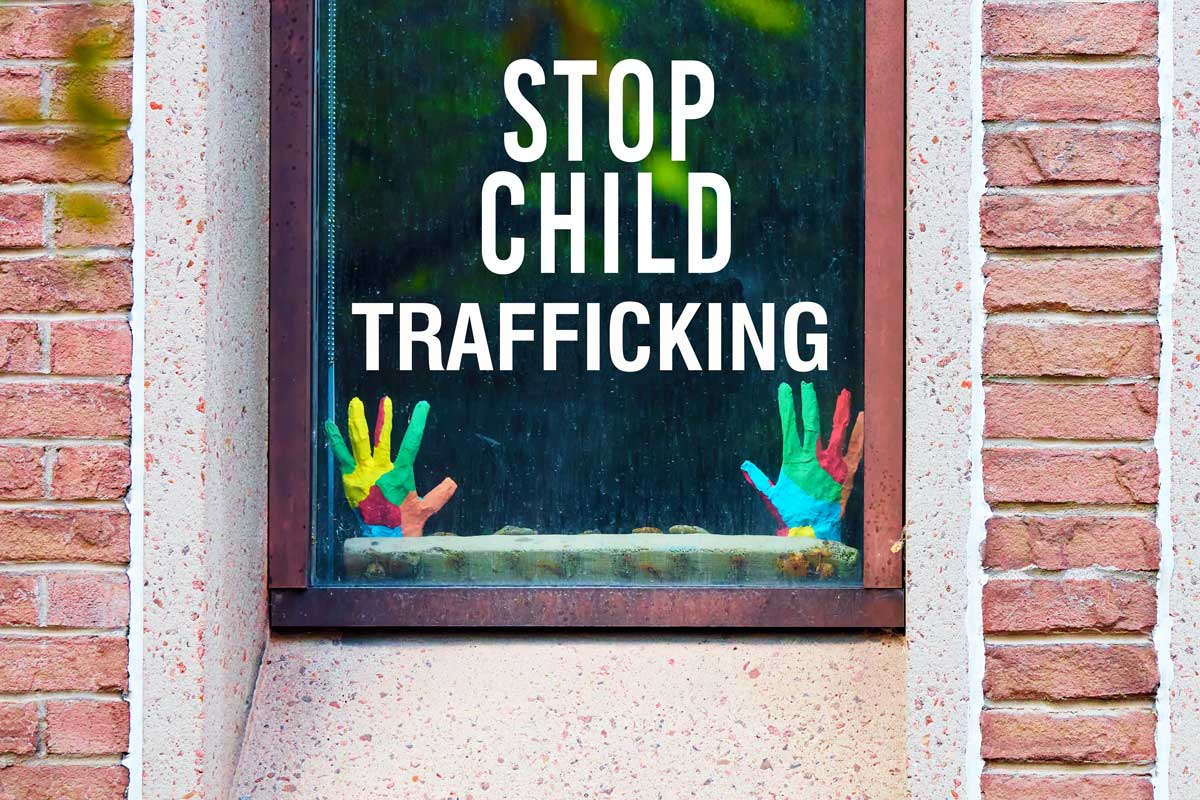 April is Sexual Assault Awareness Month and Child Abuse Prevention Month. Over the years, our work at WCW has addressed a wide range of critical issues related to these topics. One of the lesser publicly understood issues is the pressing problem of commercial sexual exploitation of children (CSEC) and teens, also known as sex trafficking.
April is Sexual Assault Awareness Month and Child Abuse Prevention Month. Over the years, our work at WCW has addressed a wide range of critical issues related to these topics. One of the lesser publicly understood issues is the pressing problem of commercial sexual exploitation of children (CSEC) and teens, also known as sex trafficking. On March 11, 2021, the House of Representatives passed a bill seeking to “create a special education scheme to support deserving students attending public tertiary institutions across Liberia. The Bill is titled “An Act to Create a Special Education Fund to Support and Sustain the Tuition Free Scheme for the University of Liberia, All Public Universities and Colleges’ Program and the Free WASSCE fess for Ninth and Twelfth Graders in Liberia, or the Weah Education Fund (WEF) for short. The bill when enacted into law, will make all public colleges and universities “tuition-free”. The passage of this bill by the Lower House has been met by mixed reactions across the country: young, old, educated, not educated, stakeholders, parents, teachers among others, have all voiced their opinions about this bill. While some are celebrating this purported huge milestone in the education sector, others are still skeptical that this bill may only increase access but not address the structural challenges within the sector. I join forces with the latter, and in this article, I discuss the quality and access concept in our education sector and why quality is important than access. I recommend urgent action to improve quality for learners in K-12.
On March 11, 2021, the House of Representatives passed a bill seeking to “create a special education scheme to support deserving students attending public tertiary institutions across Liberia. The Bill is titled “An Act to Create a Special Education Fund to Support and Sustain the Tuition Free Scheme for the University of Liberia, All Public Universities and Colleges’ Program and the Free WASSCE fess for Ninth and Twelfth Graders in Liberia, or the Weah Education Fund (WEF) for short. The bill when enacted into law, will make all public colleges and universities “tuition-free”. The passage of this bill by the Lower House has been met by mixed reactions across the country: young, old, educated, not educated, stakeholders, parents, teachers among others, have all voiced their opinions about this bill. While some are celebrating this purported huge milestone in the education sector, others are still skeptical that this bill may only increase access but not address the structural challenges within the sector. I join forces with the latter, and in this article, I discuss the quality and access concept in our education sector and why quality is important than access. I recommend urgent action to improve quality for learners in K-12.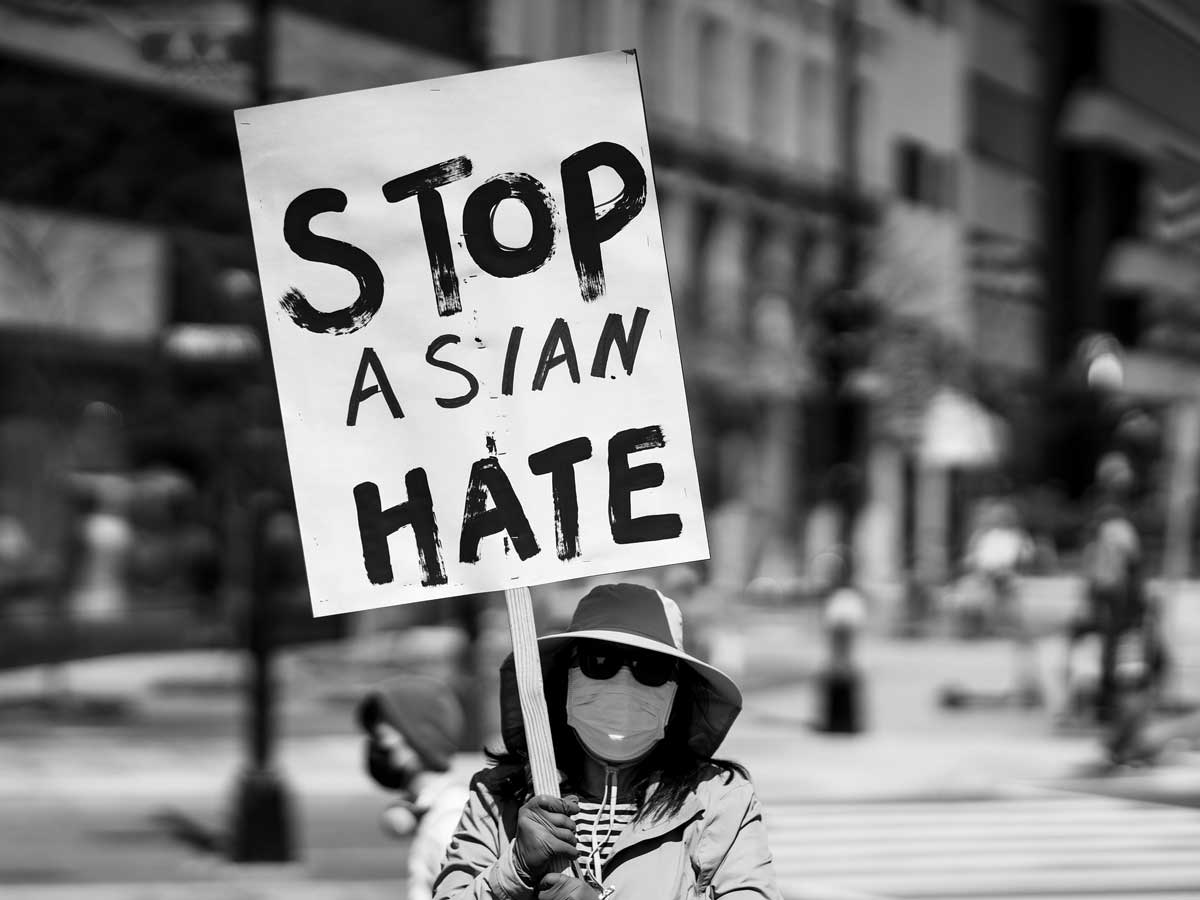
 As a new mother, you hold your baby in your arms, wishing for the best of the best for her. You may also be facing difficult career questions upon her arrival: When should you start working again? Should you be a stay-at-home-mom? Should you get a new job with a more flexible schedule? Will you be able to get promoted when you’re back at work? If you have a daughter, will she face the same choices in the future?
As a new mother, you hold your baby in your arms, wishing for the best of the best for her. You may also be facing difficult career questions upon her arrival: When should you start working again? Should you be a stay-at-home-mom? Should you get a new job with a more flexible schedule? Will you be able to get promoted when you’re back at work? If you have a daughter, will she face the same choices in the future?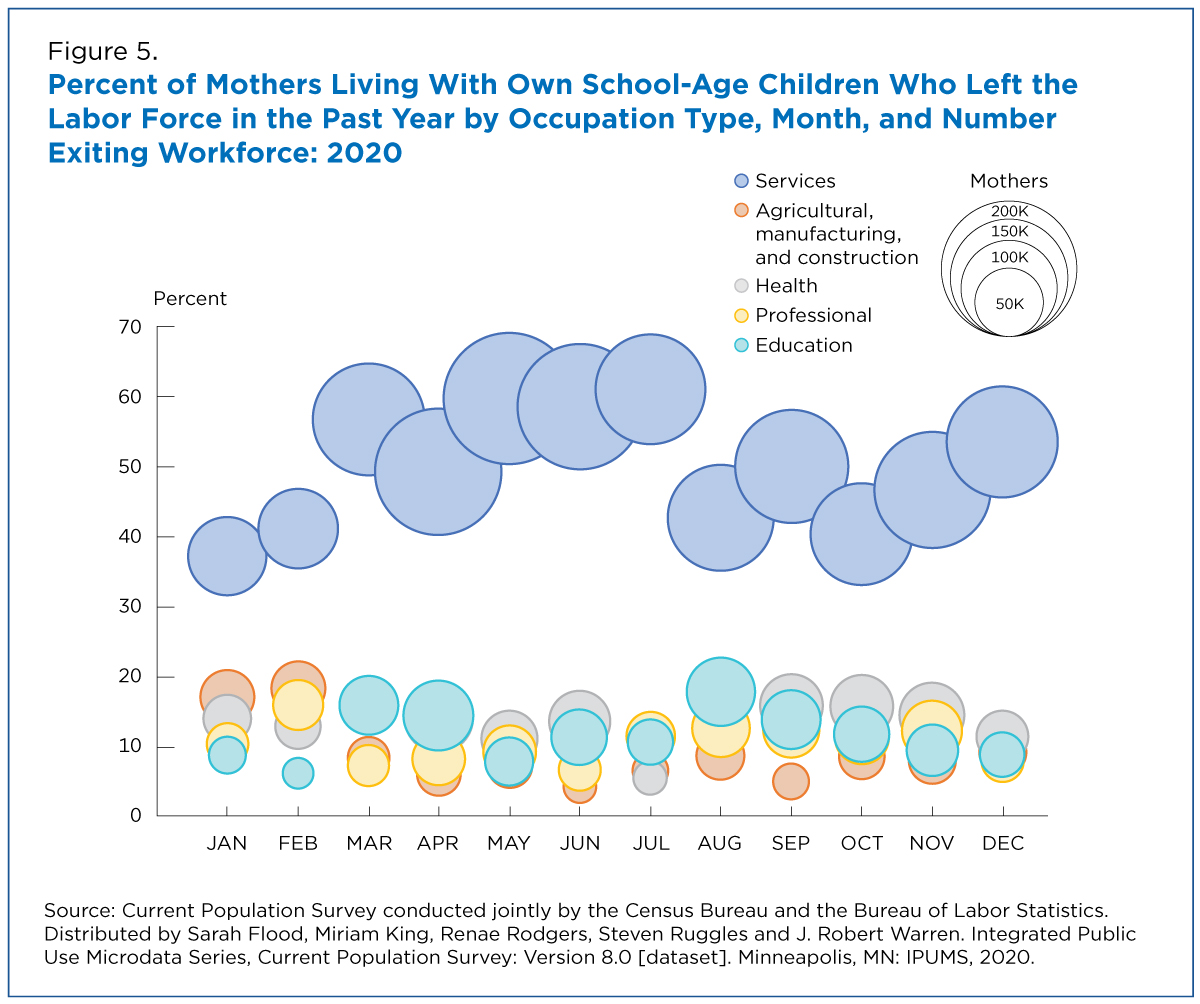
 Sex education in the American public school system varies from state to state and from school district to school district. The lack of standardized sex education makes family education and conversations about sex and relationships all the more important for teenagers and their development. It is often assumed that parents are the default—that they are the only family members responsible for initiating these conversations. In my research conducted with WCW Senior Research Scientist
Sex education in the American public school system varies from state to state and from school district to school district. The lack of standardized sex education makes family education and conversations about sex and relationships all the more important for teenagers and their development. It is often assumed that parents are the default—that they are the only family members responsible for initiating these conversations. In my research conducted with WCW Senior Research Scientist 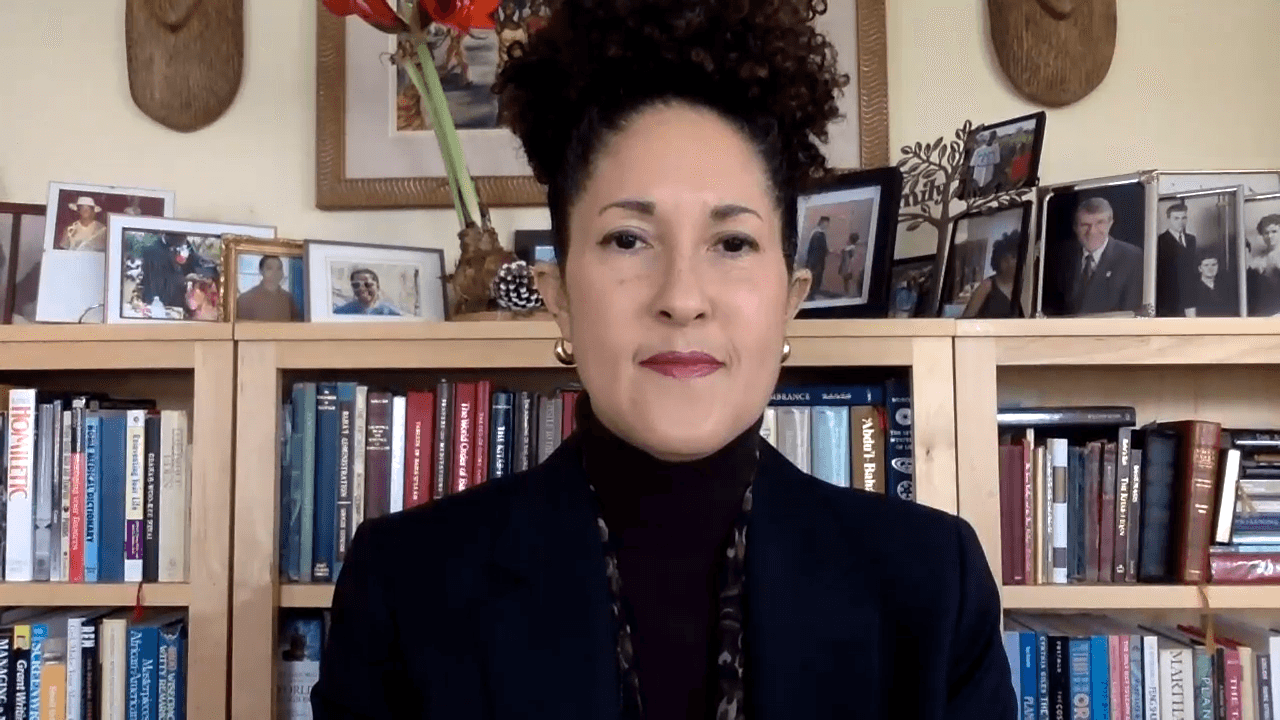
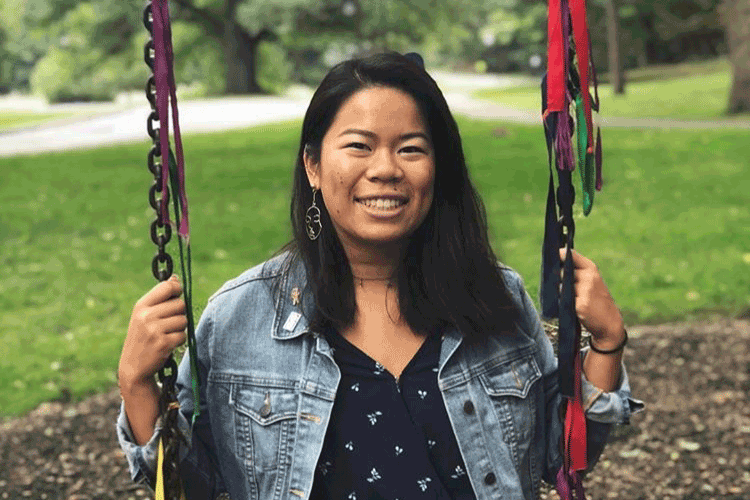 I spent the past semester working with Professor
I spent the past semester working with Professor  We at the Wellesley Centers for Women are starting our week with a sense of hope and possibility. We are proud to have a new
We at the Wellesley Centers for Women are starting our week with a sense of hope and possibility. We are proud to have a new  The pandemic has altered family life in unexpected ways.
The pandemic has altered family life in unexpected ways. 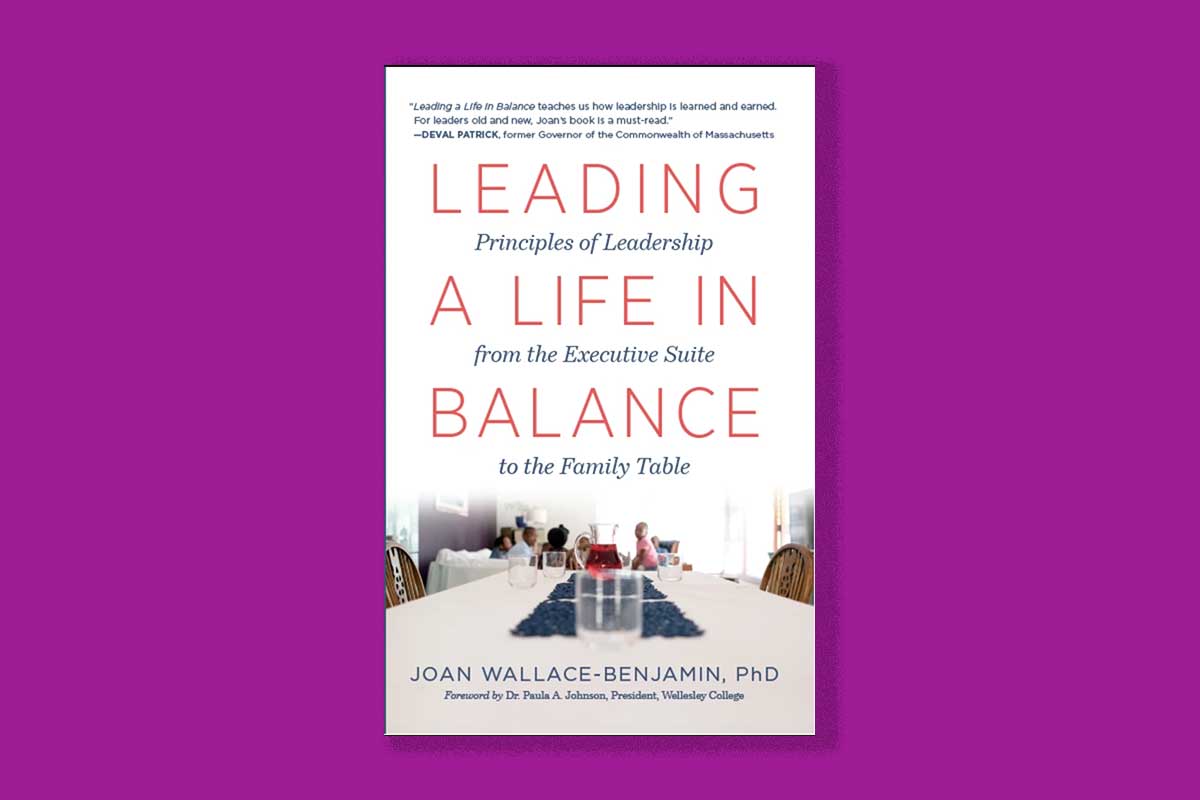 In my recently released book,
In my recently released book,  In 2018, I began a
In 2018, I began a 